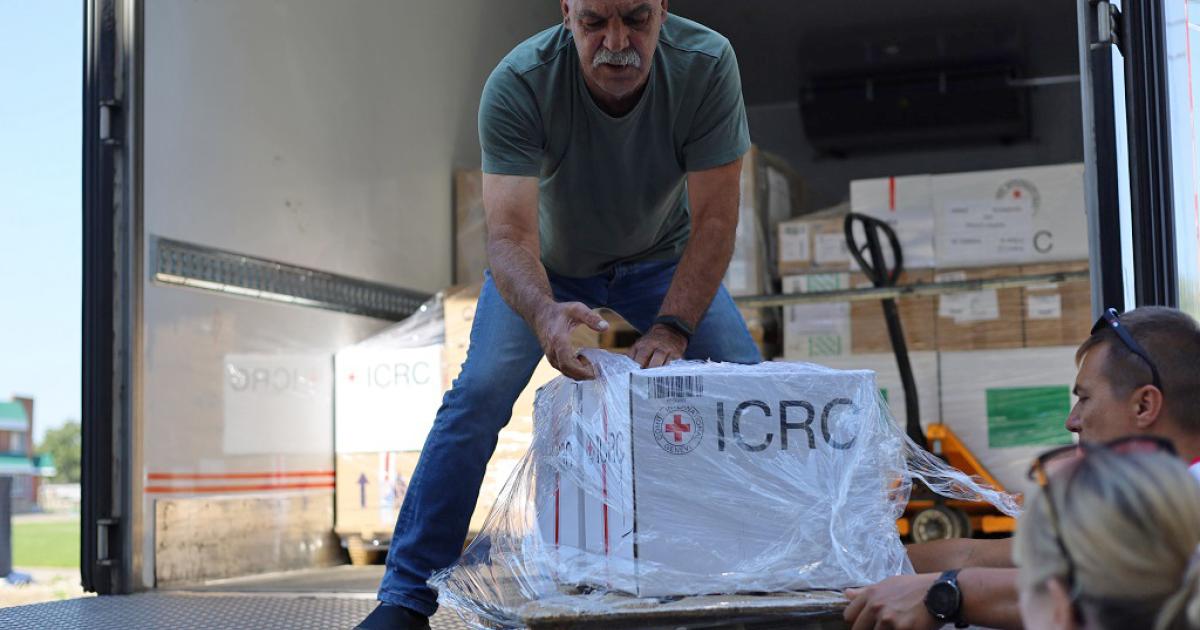29/04/2024 – A groundbreaking international tax initiative managed by the Organisation for Economic Co-operation and Development (OECD) and the United Nations Development Programme (UNDP) continues making strong progress assisting developing countries boost tax revenues and better mobilise domestic resources, according to a report released today.
Effective taxation and fiscal policies are vital for development financing as they not only generate revenue but also foster accountable and inclusive governance. In this context, the Tax Inspectors Without Borders (TIWB) Annual Report 2024 shows the impact of the initiative’s work over the past nine years, resulting in the generation of USD 2.30 billion in additional tax collections and USD 6.05 billion in additional tax assessments by developing countries worldwide. These efforts have significantly contributed to advancing the Sustainable Development Goals (SDGs) by increasing domestic resource mobilisation.
Since its inception, TIWB has successfully completed 71 programmes across Africa, Asia and the Pacific, Eastern Europe and Latin America and the Caribbean, while an additional 59 programmes are underway. The programmes rely on TIWB’s unique approach to capacity building – the deployment of technical experts to developing country tax administrations, where they primarily provide practical, hands-on assistance in the auditing of multinational enterprises.
African countries are particularly strong beneficiaries of the initiative, thanks to TIWB’s co-operation with the African Tax Administration Forum (ATAF), according to the report. Together, TIWB and ATAF have assisted African countries in the collection of more than USD 1.8 billion in additional tax revenues and additional assessments of USD 4.3 billion.
UNDP Administrator Achim Steiner applauded the results during remarks at the annual TIWB Stakeholders Workshop, drawing attention to the key role that the international tax and development community has played in fostering these capacity building programmes. TIWB’s work aligns with UNDP’s vision of working in partnerships to help nations build integrated, lasting solutions for people and the planet, leveraging taxation as a key public policy tool to achieve the 2030 Agenda.
“Tax collection rates are as low as 15 to 20% of GDP in many developing countries — far below the levels needed to provide basic services like health or education and to invest in critical areas like poverty reduction, climate action and the clean energy transition,” Mr Steiner said. “This unique initiative bridges the gap between governments and unique expertise on how to implement world-class tax systems: driving game-changing finances to the SDGs and weaving the ethos of sustainable development into the very fabric of financial policies across the globe.”
Building on the impact of its auditing work, TIWB is now also providing practical hands-on assistance to tax authorities in both criminal tax investigation and the effective use of data acquired through multilateral automatic exchange of information initiatives. It is also piloting programmes on digitalisation of tax administrations and the practical implementation and effective use of Country-by-Country reporting data.
“The report we are launching today shows that Tax Inspectors Without Borders helped tax administrations in developing countries generate an additional USD 2.3 billion in tax revenues and over USD 6 billion in tax assessments across 62 jurisdictions around the world since its inception in 2015,” OECD Secretary-General Mathias Cormann said. “We are committed to continuing this work to help all countries enhance their tax administration, transparency and global tax coordination, including supporting their effective implementation of the Two Pillar Solution for a more fair, effective global tax system in a globalised, digitalised world.”
Additional TIWB pilot programmes will explore opportunities to support developing countries apply tax laws more effectively and increase revenues from taxation of the digital economy, including through the implementation of the global minimum tax and auditing value added tax (VAT) on digital trade.
To read the full report, visit https://www.tiwb.org/resources/reports-case-studies/tax-inspectors-without-borders-annual-report-2024.htm.
Visit the TIWB website: https://www.tiwb.org.







